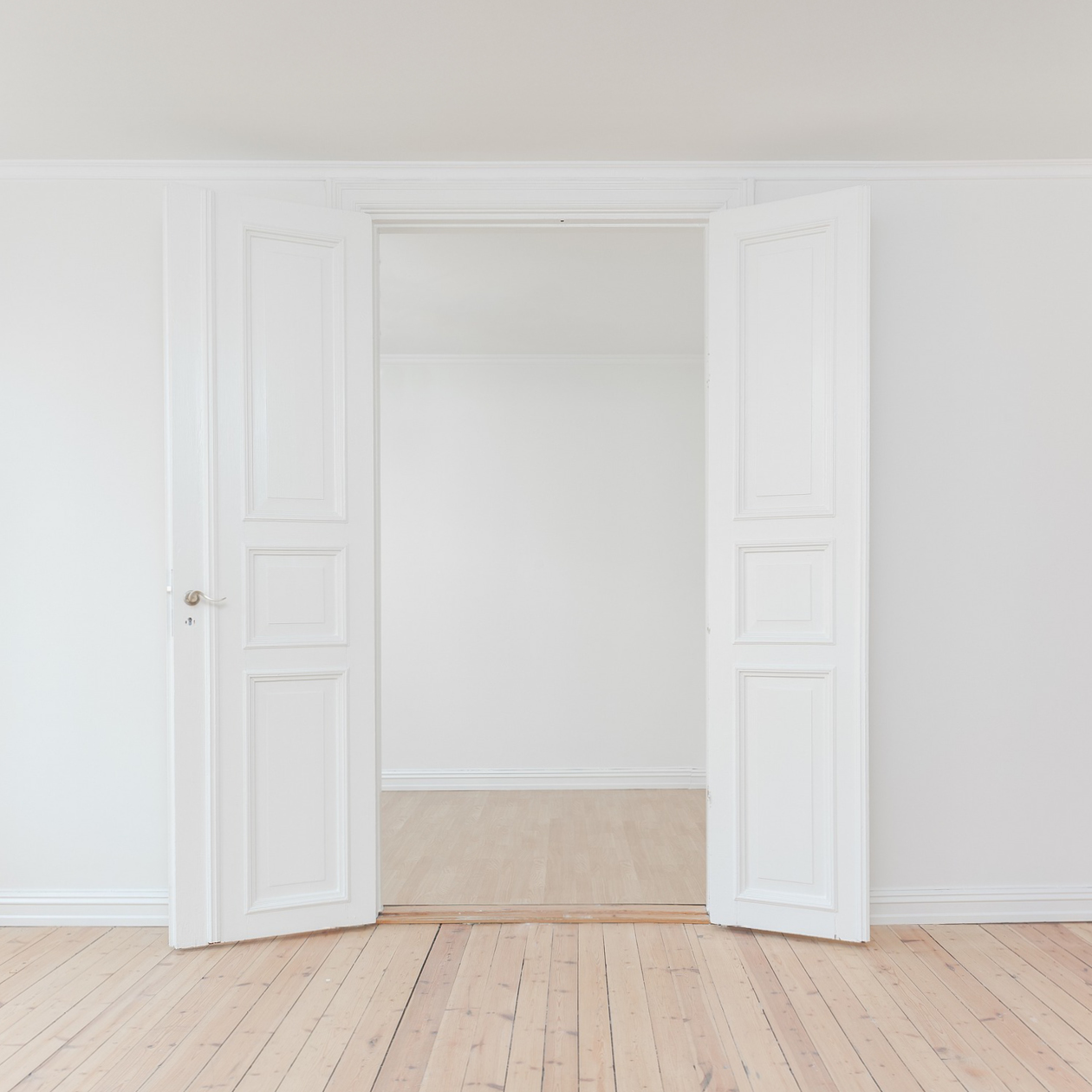Minimalism as a way of being

Minimalism is a word that gets thrown around a lot these days. Often, it’s associated with sleek white interiors, capsule wardrobes, and people competing over how few items they own. Social media has turned minimalism into an aesthetic, sometimes even a consumer trend, people buy minimalist-looking items, only to discard and replace them in regular cycles. That’s not the kind of minimalism I practice.
My personal beginning: growing up around clutter
My relationship with minimalism didn’t start with a trend. It started with family. When I was around 20, my parents and I had to clear out my uncle’s house after he passed away. He was a hoarder. The process of going through his belongings, things collected over decades, was overwhelming. But it wasn’t entirely unfamiliar to me. My grandmother had also been a hoarder. I remember, as a child, navigating her house through narrow pathways carved between piles of furniture, clothes, and miscellaneous objects. At the time, it felt like an adventure, you could always find something interesting, and she would happily let you keep it. But as I got older, I started to see it differently. Hoarding isn’t just having too many things, it’s often tied to deep emotional or psychological patterns. I wanted to understand it better. That’s when I came across two books that deeply impacted me: Stuff: Compulsive Hoarding and the Meaning of Things and Erich Fromm’s To Have or To Be.
From decluttering to a shift in values
Reading Stuff helped me understand the emotional weight objects can carry. But To Have or To Be sparked something deeper. Fromm explores the difference between two modes of living: the "having" mode, focused on possession and accumulation, and the "being" mode, focused on presence, experience, and connection. In a society that values ownership and consumption, the "having" mode is dominant. We often define ourselves by what we own, our clothes, gadgets, cars, homes. But Fromm challenges this. He suggests that true fulfillment doesn’t come from having, but from being: being present, being connected to others, being creative, being alive. That distinction struck a chord with me. I began to feel a real aversion to clutter, not just physical clutter, but mental and emotional as well. When I later moved to London with only a suitcase, it felt like a relief. I didn’t feel deprived. I felt free.
Beyond possessions: the joy of sharing
Over time, minimalism became less about getting rid of things and more about living with intention. One value that grew stronger for me is sharing. We don’t all need to own everything. Tools, cars, bikes, there are so many things we only use occasionally. When we share, we not only make better use of resources, but we also build community. We create connections. We help each other. I’m a big advocate for shared living, shared tools, and community-based resources. I believe there’s real potential in this model, not just for sustainability, but for bringing people closer together.
What minimalism isn’t (at least for me)
The popular version of minimalism we often see online doesn’t resonate with me. There are minimalism challenges that count how many things you’re allowed to own. Some people seem to declutter constantly just to buy again. It starts to look more like a cycle of consumption wrapped in a minimalist package. To me, that misses the point. Minimalism isn’t a competition or an aesthetic. It’s a mindset. It’s about living with what you truly need and letting go of the rest, not to be trendy or to “win” at life, but to make space for what really matters.
Philosophies that value less
Minimalism has deep roots in many philosophical and spiritual traditions. Buddhism teaches non-attachment and simplicity. Desire, in Buddhist thought, is the root of suffering. Letting go, of things, of expectations, of ego, is a path toward peace. Stoicism, a philosophy from ancient Greece and Rome, encourages focusing on what we can control and finding contentment in the simple and the necessary. A Stoic sees luxury as unnecessary for a good life. Erich Fromm’s distinction between having and being brings a psychological and social critique: that consumerism isn’t just wasteful, but dehumanizing. It turns people into consumers rather than creators, spectators rather than participants in their own lives. All of these philosophies invite us to consider that a meaningful life isn't full of things, it's full of presence, purpose, and connection.
Living with less, living with more
Minimalism, for me, isn’t about counting items or decluttering perfectly. It’s about living a life that isn’t ruled by stuff. It’s about having space, physically, mentally, emotionally, for what matters most. It started with difficult family experiences, but it led me to something valuable: a simpler, freer, more intentional way of living.
Photo attribution: Stock Snap, Pixabay
